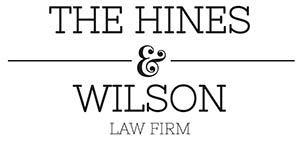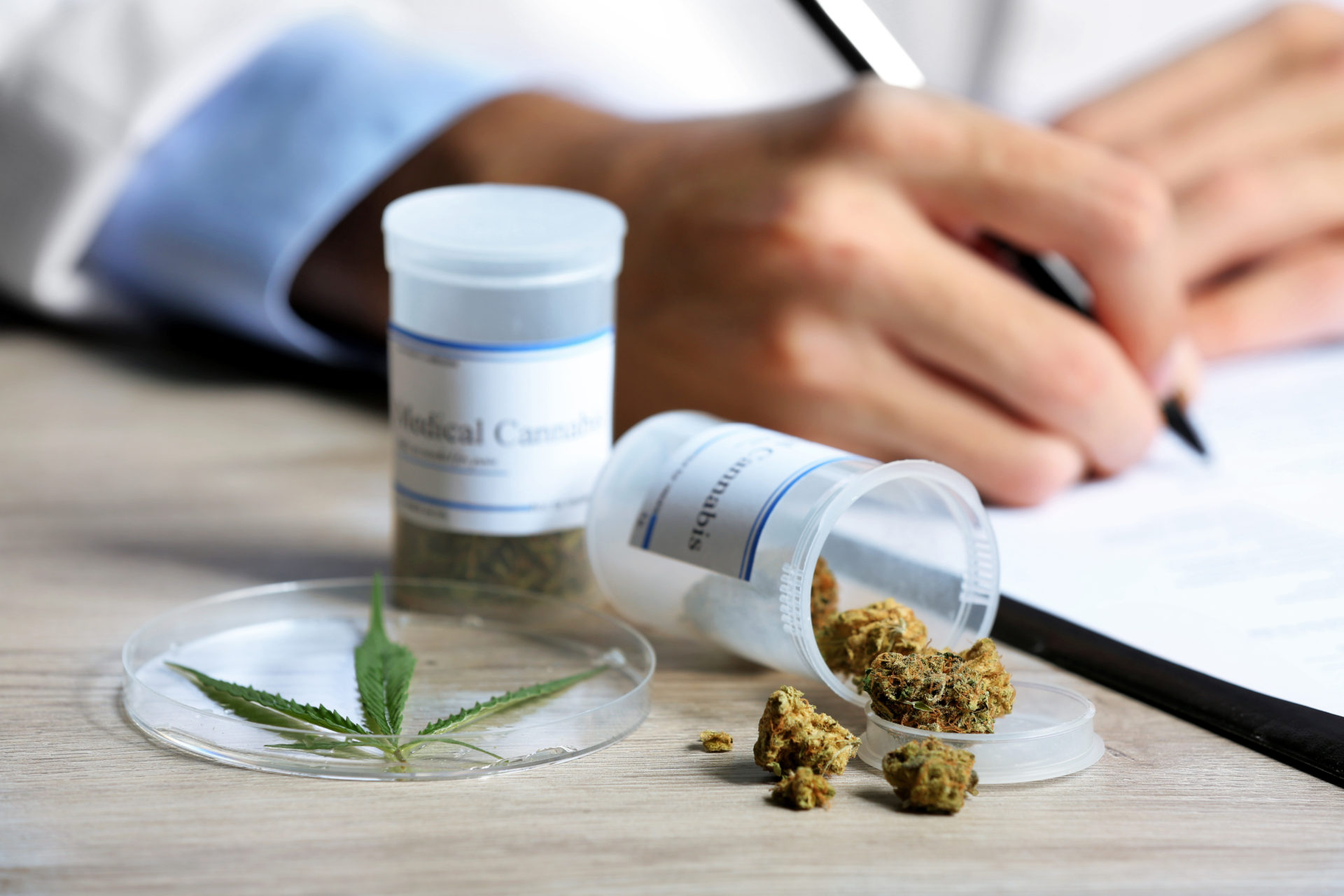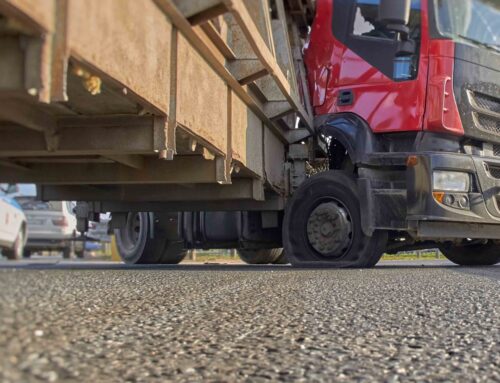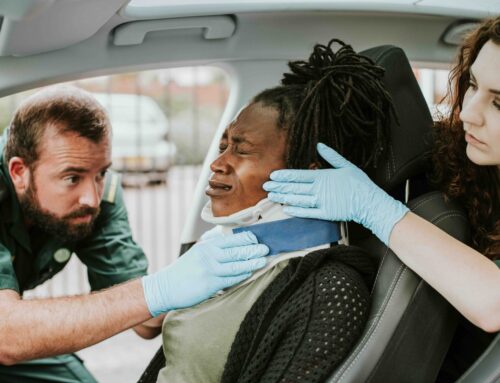In November of 2022, the people of Missouri voted to pass Amendment 3, which legalizes recreational marijuana in the state. This new legislation officially went into effect on December 8th, but due to the process of transitioning licenses from medical to recreational, people may not be able to start legally purchasing cannabis until February.
This new Missouri legislation has prompted us to answer some common questions that have been popping up.
- Can using recreational marijuana affect a workers’ compensation claim?
- Is working while high actually dangerous?
- What if my claim is denied due to marijuana in my system, but I wasn’t high at the time of the accident?
Let’s dive in.
Is Working While High Safe?
The National Institute on Drug Abuse released a study that reveals that employees who tested positive for marijuana experienced 55% more industrial accidents and an astounding 85% more workplace injuries.
Countless experts have found that being high negatively affects your ability to function properly on the job and on the road for multiple reasons.
- Because of the slowed sense of time caused by cannabis use, high employees have an overall delayed reaction time.
- The psychoactive effects of the substance can cause panic attacks which, especially if they occur while operating dangerous equipment, can lead to serious personal injury.
- Short-term memory becomes poor while high, which may not sound dangerous at first – but if you forget to turn off a machine, tighten a safety harness, etc… the consequences can be fatal.
Save recreational use of marijuana or alcohol for when you’re off the clock!
Can It Affect My Claim?
If you get hurt on the job, in most cases, you are entitled to receive workers’ compensation to cover any personal injury related expenses. However, there are a few exceptions under Missouri law.
Your workplace injuries may not be covered by workers’ compensation if the accident happens under any of the following conditions.
- The employee got hurt while doing something that is against the company’s rules or policies.
- The employee was doing something illegal.
- The employee was intoxicated by alcohol or drugs at the time of the workplace accident.
- The employee was traveling to or from work.
- The employee was voluntarily engaged in a social or recreational activity on the job.
- The employee was intentionally attempting to harm themselves or someone else.
Being high on legal recreational marijuana during a workplace accident falls under three of these six exceptions. Therefore, if you were high when the accident caused your personal injury, you may not be entitled to workers’ compensation.
It’s in My System, But I Wasn’t High
According to the AAC, the component of marijuana that makes the user high (THC) can be stored in the body for varying amounts of time depending on the frequency of use, and the type of drug test that was conducted.
- THC can remain present in the blood for about 12 hours.
- It can be found in the hair for about 90 days.
- Saliva can reveal THC within 24 of the last time marijuana was used.
- For urine tests, marijuana can be found for up to 30 days since the last use, or longer depending on how often the person uses it.
If you’ve been hurt at work and are a frequent recreational cannabis user, but were not high at the time of the accident, contact your attorney as soon as possible – preferably that day. Your personal injury lawyer can help you arrange to take a blood or saliva test so that the results can be used to prove that you were not intoxicated at work. This can help protect your workers’ compensation claim from being wrongfully denied.
If you’ve been involved in a workplace accident resulting in personal injury, you’re going to need a skilled workers’ compensation lawyer in your corner. Contact us ASAP to schedule your initial consultation where you’ll receive free legal advice from a quality Columbia attorney near you.







